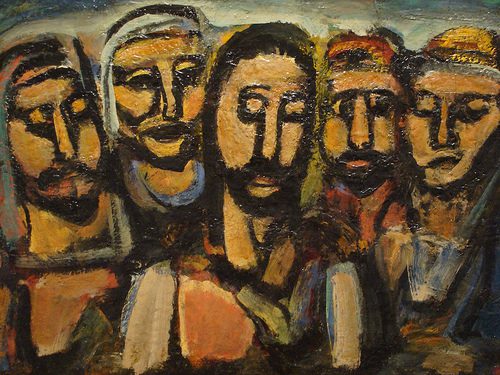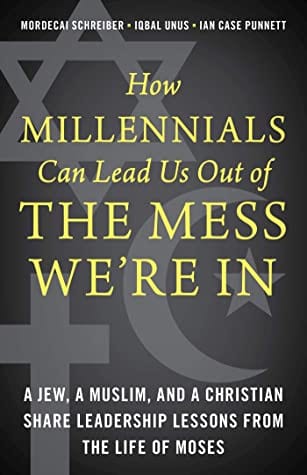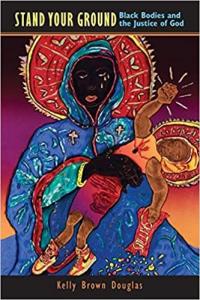Like many of you, I couldn’t believe what I was watching last night on CNN, as one after another, the grey states turned red.

I went to bed before it was official, but woke up to the news. We’re now, or soon to be, living in the land of Trump.
My 6 year old daughter “voted” in her school’s election yesterday. She voted for the “the girl,” because, well, why wouldn’t she? We hadn’t coached her on policies, political parties, or anything like that. Before she even knew who we were voting for, she cast her symbolic lot with “the girl.”
She was sad to learn of the results today. I very much wished I could have given her a different report.
I wasn’t an ardent Clinton supporter, but I was sure she was the better choice of the two. And her platform more closely matched my values than Trump’s did.
My daughter’s response, and my own disappointment, are real, though obviously in different ways. And I’ve seen a lot of responses on social media, from friends and others. The progressive Christians I know among them, including progressive evangelicals (i.e. the 1 out of 5 that didn’t vote for Trump), expressed variations of sadness, disappointment, regret, anger, fear, but more positively, resolve to work harder for a better world and resolve to love.
It all brought home for me, with a poignancy and urgency, that we (progressives) now have a choice. A choice to live into the deepest, best values of human life, sociality, and neighborliness. For the Christians among us, we have a choice to push deep into the meaning of Jesus’ gospel, which is founded on love for neighbor and love for God. The two are forever intertwined, in the gospel.
It means that we have a responsibility, now, to double down on love: not anger, hate, fear, or resentment. Love can coexist with anger, for a time; and even with fear and regret; but not with hate.
The love we live into, though, should be a prophetic, active, justice-seeking, peace-making love, not a passive acquiescence to the powers and principalities. It should be a love that looks out for and looks after the least of these, the marginalized, the powerless.
But here’s perhaps the hardest part: It should also be a love that empathizes with others, including with those with whom we fundamentally disagree. It should be a love that assumes the best in others, as hard as that can be–though not a love that avoids conflict or confrontation.
It should be a love, yes, even for the enemy.
Our response must be love. Otherwise, we lose everything. Because love is everything.












